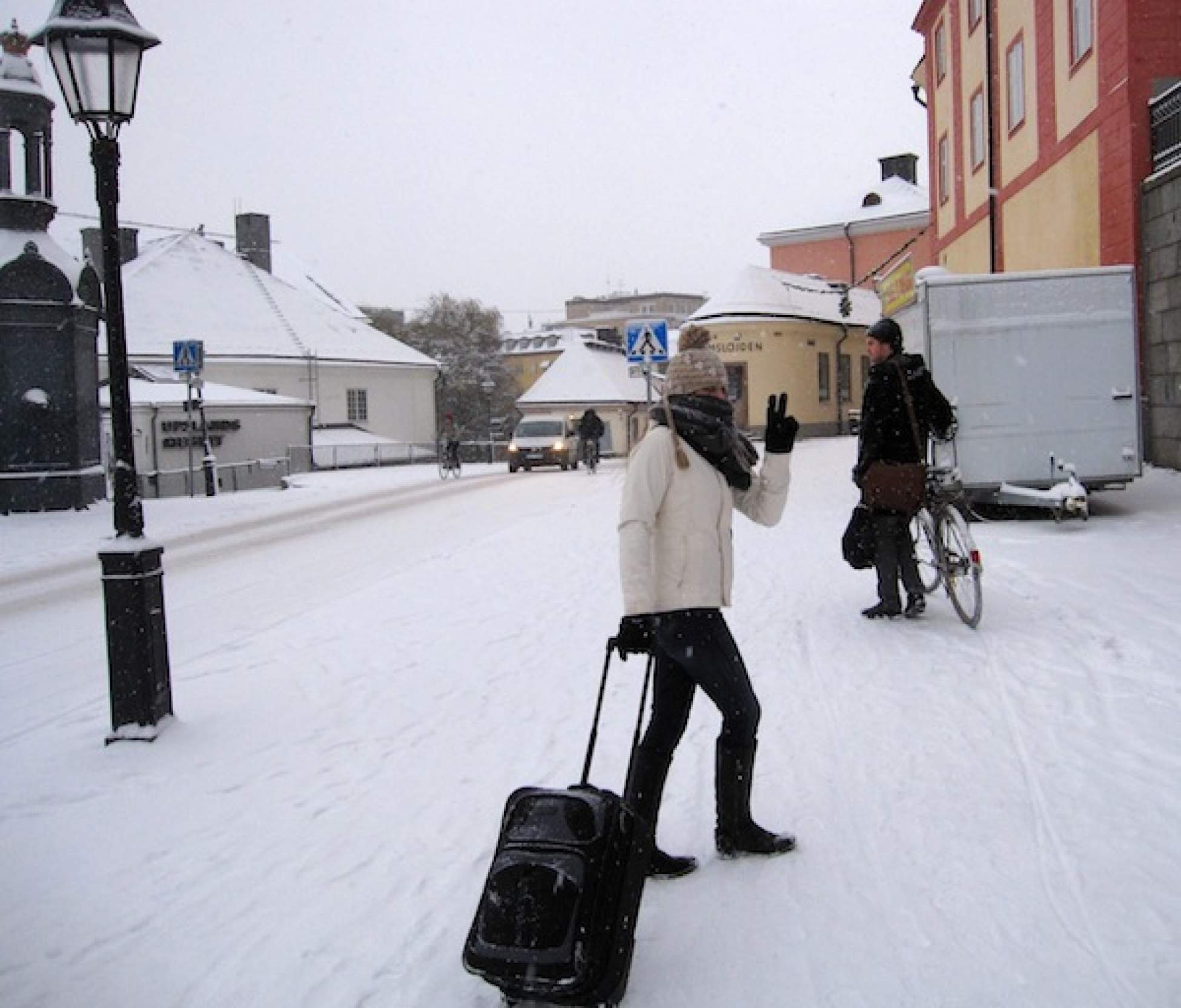Whenever I begin the official documents for my next destination I always imagine the worst. Even though I do plenty of research, plan ahead of time and make enough photocopies to wallpaper my bedroom, a multitude of questions swirl around in my brain. Will my visa be approved? What paper roadblocks could happen? Most worrisome of all: what if my application is rejected? These scenarios may be unlikely but are still entirely plausible.
I am once again facing this visa challenge anxiety. In 10 days, I am moving to Hamburg in northern Germany to complete the final year of my Masters programme. I was expecting to confront the potential bureaucratic nightmare of the embassy visit. Luckily, I will be able to avoid the headache of a pre-departure visa application thanks to German innovation.
Germany has special regulations for citizens of Canada, the United States and several other countries who plan to study at a German university. Students can enter without a pre-approved student visa; instead, they apply for a residence permit on arrival in their new city—meaning no time-consuming and expensive visa appointments.
The list of required documents is rather short and includes proof of health insurance coverage and proof of sufficient funds of 650 euros per month for the study period. Students staying for three months can apply for a traditional sticker visa for 50 euros. If you are studying longer, like me, you need to have an electronic card that costs 100 euros and wait four to six weeks before receiving your permit.
There is another requirement before becoming a legal German resident. Everyone, regardless of citizenship, must report to the local police station within seven days of moving to his or her new address. German officials have made the procedure simple so that students can register their address and submit their visa application in the same office at the same time.
Hopefully the entire visa process goes smoothly once I arrive in Hamburg. In the meantime, I need to focus on packing my suitcases and brushing up on my rusty German skills before boarding the plane for my next move across the Atlantic Ocean.
Getting a Student Visa, German-Style
Written by Kait Bolongaro
How to ease the bureaucratic process of studying abroad.
Published in
Study Abroad Blogs
Tagged under

Kait Bolongaro
Originally from Vancouver, Kait Bolongaro is a Paris-based journalist and photographer. She is moving to Hamburg, Germany for one year to finish her MA in Journalism and Political Science.
kaitbolongaro.com/